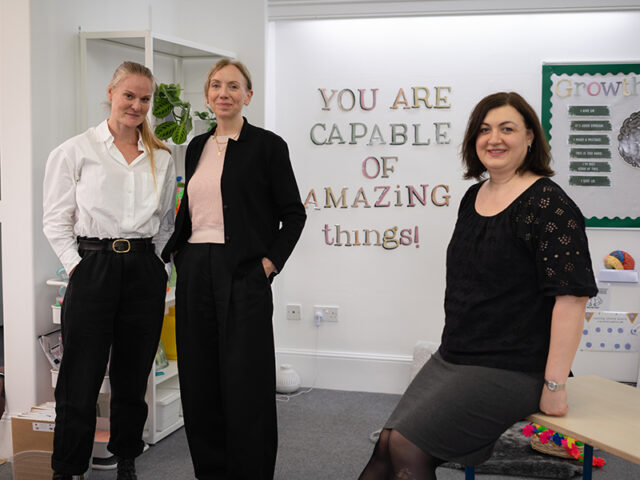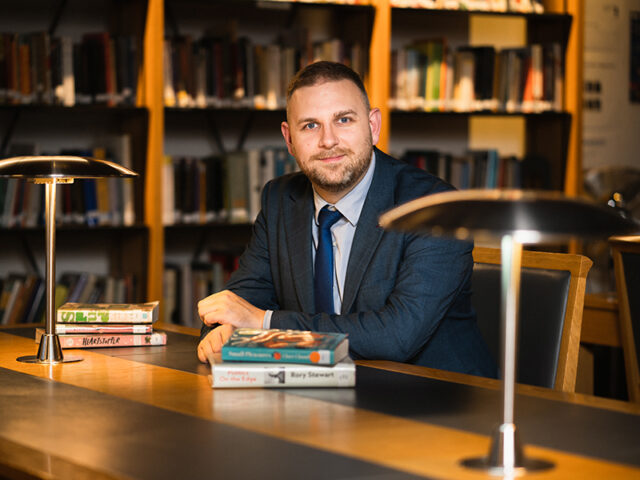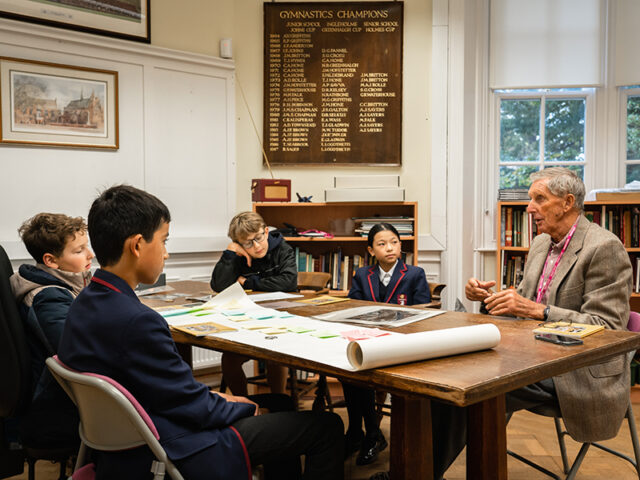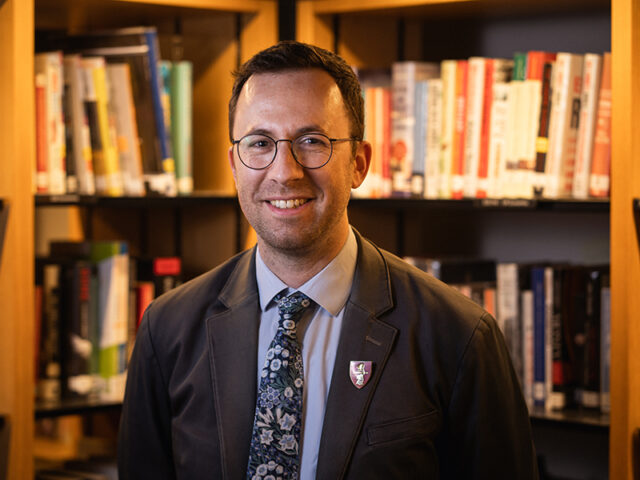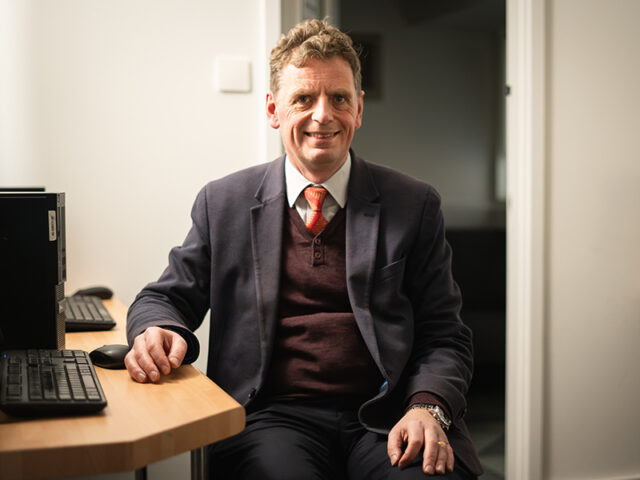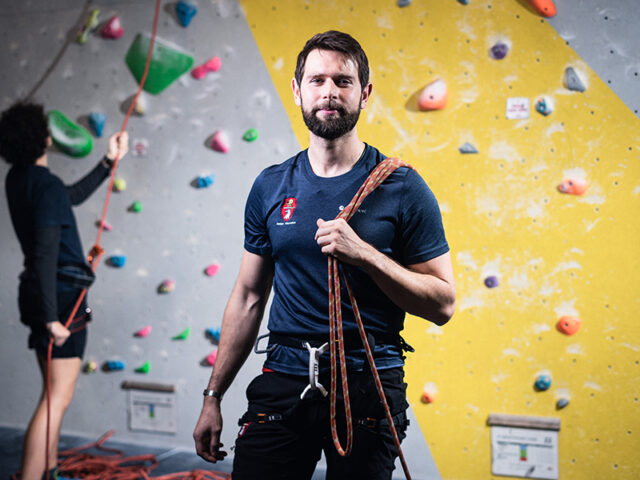Dr Szydlo has been teaching Chemistry at Highgate for almost 50 years. He routinely delivers sold-out lectures at the Royal Institution, talks at TED conferences and has delivered his roadshows in prestigious universities, including Cambridge and Imperial College. His long running ‘As If By Magic’ Chemistry Roadshow is presented to our partner schools, reaching over 7000 pupils from both Primary and Secondary stage last year. Teachers are unanimous in their positive feedback to these roadshows, noting the enthusiasm it sparks within pupils.
Andrew also runs several of the school’s co-curricular clubs, including Chemistry Society, Meteorological Society, Beekeeping and Pocket Watch Society. At the popular Auto-Soc club, pupils learn about the construction of motor cars, discover the science behind the internal combustion engine and have the chance to practice their skills on a working engine.
You’ve had a long career of inspiring children to love science, how did it all start for you?
The truth is I was very interested in fire and fireworks as a child. My parents bought me a chemistry set when I was 8 and I started experimenting. The thing that got me most excited was the fact that I was able to reproduce an experiment I had seen at Shepherds Bush market in 1960. A man there was selling medicines and explained that conventional medicines, which contain acids, can burn your stomach and to demonstrate, he made aspirins catch light – in other words, making spontaneous combustion.
I was interested in chemistry, chemical changes, colour changes, fire, explosion, smoke, smell. And we had a very good chemistry syllabus at Latymer Upper, where I was a pupil, so that kept my interest going.
Having retired as a teacher at Highgate, much of your time is focused on outreach work, delivering Chemistry workshops to our partner schools. What does that mean to you?
It is probably one of my greatest achievements. I love teaching, telling stories about science and fostering the pleasure of learning. The children seem to find it interesting, and it is the greatest honour when a child asks you a question about something you’ve just talked about. It’s a two-way process because the children inspire me.
I visit up to 50 schools a year. Most of what I do is in London but I do go well beyond that, including West Yorkshire and Gateshead.
You founded, and continue to run, Highgate’s Automobile Society each week as well as delivering a car mechanics workshop to our Chrysalis Accelerator programme. What do you hope the children get out of this?
It gives them an insight into the world of automotive engineering. Highgate has extraordinary facilities – we’ve got a mechanical workshop and restoration facility. It’s as close as you’ll get to being a fully professional workshop and pupils get the chance to build engines and see them work. In 2011 a team of pupils rebuilt a Triumph Herald engine that was used in a car, which Paul Aston and I drove to Southern Poland over two days. It was a great adventure.
The children continuously show interest. I suppose I come over as a bit of a character, I’m a bit theatrical – not your typical sort of mechanic – so I think they enjoy that as well.
You are involved in a number of other co-curricular societies – why is this aspect of school life so important?
Societies are a wonderful way to make new friends and to develop an interest in a field of culture/knowledge/sport/hobby. It’s also great to do an activity in which you’re not going to be examined, or have to write essays. In all the societies which I run, I try to foster a culture of mutual friendship and respect. It is imperative that the children feel very much at ease with me and with themselves.
Some clubs will go on trips, for example the meteorological society went to the New Forest, and there are no strings attached. They don’t have to write and say what they think about it. It’s purely for the soul, for the spirit. I think that’s the most important thing. In life, one has to find a balance between being able to earn and to be able to do things which you like. And it’s not an easy balance.
